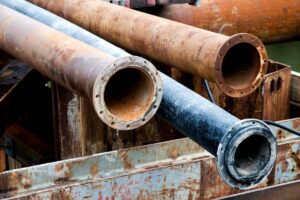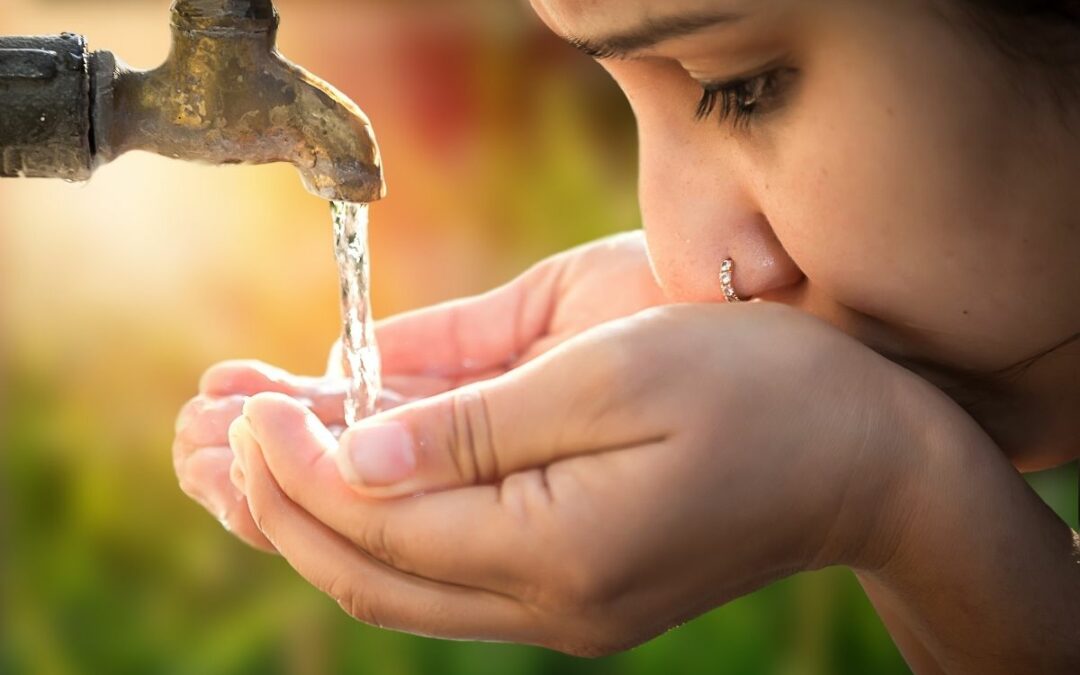Your Tap Water May Not Be As Good As You Think
Living in Colorado, we may take for granted that we have tap water safe to drink. And for the most part, we do, since the original sources of tap water in the state are aqueducts deep in the beautiful Rocky Mountains. No matter how pure the source, however, this water has to travel through man-made pipes to municipal treatment centers designed to keep water contamination in control. If these treatment centers are using outdated techniques to “purify” tap water before sending it to your home, or the municipality that you live in is not properly maintaining the water mains carrying the water to your home, you run the risk of drinking unsafe tap water.
The idea of having tap water safe to drink often reminds us of the 2014 news reports of lead in the drinking water in Flint, Michigan. But even closer to home, water authorities recognize the risk of contaminated water. In the spring of 2020, at the onset of the COVID-19 pandemic, Denver Water provided 100,000 local homes with water filters due to deteriorating lead pipes in the city-provided infrastructure.
What dangers do contaminants like lead pose to your health? What steps can you take to ensure your drinking water is safe?
The Dangers Of Lead In Your Tap Water

The need for tap water safe to drink is especially urgent for pregnant women, children, and those with underlying health issues, such as kidney diseases.
What To Do If Your Tap Water Contains Lead
According to the CDC, if you test your tap water and discover the presence of lead, there are measures you can take prior to drinking or cooking:
- Let your water run for 1-2 minutes before using the water for cooking or drinking until you can figure out what is causing the presence of lead in your water.
- Use cold water, not warm or hot, when using tap water that might be contaminated with lead. Warm or hot water will leach lead from old pipes while cold water will not.
But be advised that these measures are strictly temporary solutions. Whatever is causing the contamination – whether old pipes and fixtures or if your municipal water source is the cause – the problem will need to be identified and resolved.
In the meantime, and even after the cause has been identified and remedied, it is recommended that you drink only purified, filtered water certified by the Colorado State Health Department, which follows the FDA & International Bottled Water Association (IBWA) guidelines.
The Dangers Of Contamination In Well Water
While well water has a reputation of being as good as it gets, water contamination is still possible. Did you know that the EPA has provided a set of guidelines for maintaining your well? It may come as a surprise to well owners that there is any maintenance involved in protecting your well from contamination. This is especially true for wells that are subject to flooding or are on a hill where pesticides or other chemicals might wind up within the well from wash out.
How To Know And What To Do If Your Well Is Not Providing Tap Water Safe To Drink
Testing your well water regularly is the best way to ensure that you have tap water safe to drink. However, if you find that your well water is contaminated, installing a filtered water dispenser in your home could be your best option for pure, clear water that is safe to consume.
The Dangers Of Your Neighbors Ruining Your Tap Water
It is unfortunate, but occasionally our neighbors, nearby businesses, or construction sites do not properly follow water codes and stormwater mitigation as set out by the EPA and FDA. If you are concerned that unsafe practices have contaminated your tap water, the Colorado Department of Health and Environment regularly posts locations and instances of water violations here.
What To Do To Ensure Tap Water Is Safe From Run-Off Contamination
The EPA recommends carbon-based filters for the proper elimination of harmful tap water contaminants. Multi-stage filter designs can eliminate up to ninety-eight percent of the contaminants found in most tap water.
The most reliable and best way to ensure that you are drinking quality tap water is by using a reverse osmosis filter. This can help improve both tap and well water quality at your home and can help you rest assured that you and your family are not consuming any harmful chemicals or contaminants.
Clearly Colorado: Providing Safe, Filtered Drinking Water To Our Colorado Neighbors
At Clearly Colorado, we know how important it is to have pure, healthy, filtered water at your fingertips. We are locally and family-owned, and we take your health and safety as seriously as our own. Our state-of-the-art water filtration system exceeds the certifications required by the Colorado Department of Health, the IBWA and the FDA for bottled water. Contact us today for a free quote and experience for yourself how our drinking water home delivery service can provide the purest, best-tasting water to your family.
Clearly Pure Water. Clearly Colorado.
More From Our Pure Drinking Water Blog:
5 Benefits of Drinking Purified Water at Home




